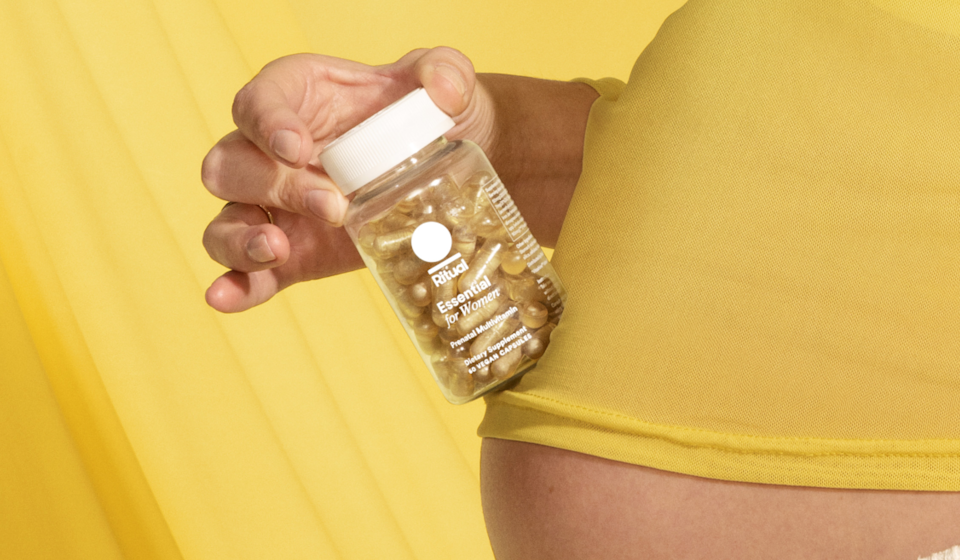9 Things You Didn’t Know About Pregnancy and Conception
1. You can’t get pregnant every day of your cycle.
One of the biggest pregnancy misconceptions is that the body is always ripe for fertilization—in fact, there are times in the menstrual cycle when the body is more favorable to fertilization, and there are times when it’s not. The highest probability of getting pregnant happens just before, during, or after ovulation. Once released, an egg lives for around 24 hours, but sperm can live inside a woman’s body for up to 5 days, making it important to have sex on the days leading up to and just after ovulation, too.
If the body has regular periods, it’s easy to understand when it’s ovulating and when it’s most fertile. And while it’s not impossible to get pregnant outside of that window, it is much less likely. If periods are irregular, it can be harder to know exactly when ovulation is happening, so really tapping into the body – taking basal body temperature and monitoring cervical mucus – can be very helpful.
2. It can take up to a year to conceive (sometimes longer).
Even if you track your cycle, zoom in on your fertile window, and introduce sperm at the right time, fertilization is not always a done deal. So many factors play into whether or not conception will happen at any given time: the quality of the egg released, the quality of the sperm, whether or not the body ovulated when you thought it did, what your lifestyle looks like, and how long ago birth control was stopped are some things to consider. Some people get pregnant on the first try, but it takes a bit longer for some—and that’s okay. In fact, 69% of Ritual Prenatal customers that we surveyed said they underestimated the amount of time it would take to get pregnant.
3. You can get pregnant while breastfeeding.
Breastfeeding hormones may stop the body from releasing an egg or ovulating, and pregnancy cannot occur without ovulation. This is called the Lactation Amenorrhea Method (LAM), and if practiced correctly, it can be up to 98% successful (2) as a birth control method in the first six months after giving birth. LAM only works if your period hasn’t returned (if it has, you’re already ovulating) and you are exclusively breastfeeding around the clock to keep those ovulation-stimulating hormones at bay. Remember, however, that ovulation will take place before the first postpartum period, so if your baby is sleeping for longer stretches at night or there’s no breastfeeding every 2-3 hours, those hormones will be lower, and you could be ovulating without knowing it—which means you could unwittingly get pregnant.
4. It’s not all about the sperm.
Society tells us that the best sperm wins: that amid millions of others, one sperm will prevail, gallantly making its way to the egg and succeeding in its job of creating life. While the health and quality of sperm matter, the egg is not a passive target just waiting to be fertilized. There is research to suggest that the walls of the uterus contract during an orgasm to “upsuck” sperm toward the egg—the uterus is not an empty hotel waiting for sperm to check in, it is the hotel empire, and it decides who gets to stay.
5. The position and frequency of sex don’t actually relate to success.
We’ve already talked about how the timing of sex or insemination matters—and that might lead you to think that the more of it you have, the more likely you are to get pregnant. If you and your partner’s libido is up to it, by all means, go ahead – enjoy! – but if having sex every day (or more) starts to feel like an obligation, then it might be time to ease off. Having sex every other day around the ovulation window is just as effective as having sex every day.
When it comes to favorable positions for conception, there is no evidence to suggest that one way is better than another. For those trying to get pregnant by having sex, the most important thing is feeling safe and comfortable and enjoying the experience.











